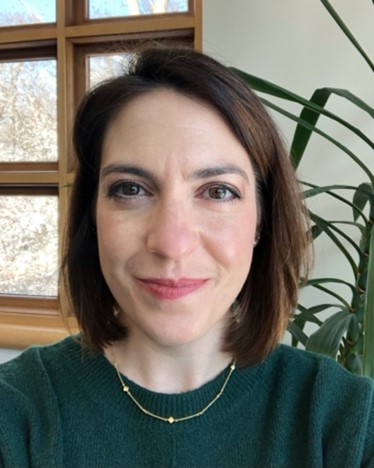Black History Month talk by Dr. Carly Overfelt
Please join us for our Black History Month talk featuring Dr. Overfelt on Friday, February 25, 2022, at 2 p.m.
Zoom: Meeting ID: 941 8978 9526, passcode: 660318
Literary Texts as Data: Early Analyses of African American Language
 Literary texts have long been viewed as data for linguists studying the history of the English language, including synchronic and diachronic variation. This talk explores the complex relationship between formal, descriptive linguistics as a field and literary text production as an art.
Literary texts have long been viewed as data for linguists studying the history of the English language, including synchronic and diachronic variation. This talk explores the complex relationship between formal, descriptive linguistics as a field and literary text production as an art.
I offer a snapshot of this relationship in analyses of African American Language in the journal American Speech, from its inception in 1925 to around the 1960s (the era before William Labov's famous analyses of "Black English Vernacular"). I trace the metalanguage around literary texts as "data" to explore the language ideologies of the researchers around African American speech, and their shifting ideas about the role of fiction in its documentation during this era.
My analysis shows that studies of African American speech in this snapshot 1) almost always relied on some type of literary or folkloric text as data either to make or confirm their conclusions, 2) reveal considerable anxiety and ambivalence around the use of these texts as "authentic," and 3) begin to replace literary data with recording transcriptions as phonograph technology became more available. I argue that, while we know American literature and folklore is not neutral corpus data for African American Language, early literary representations do, however, offer evidence for anti-Black raciolinguistic ideologies, as do the purportedly neutral linguistic analyses of those speech patterns.
Bio
Carly Overfelt (Ph.D. English, University of Massachusetts and M.A. Linguistics, Purdue University) is program coordinator in the Office for Teaching & Learning at Wayne State University and special lecturer in Linguistics at Oakland University. Her research examines literary linguistics, language ideology, language and social justice pedagogies, and how to support linguistic diversity in higher education.